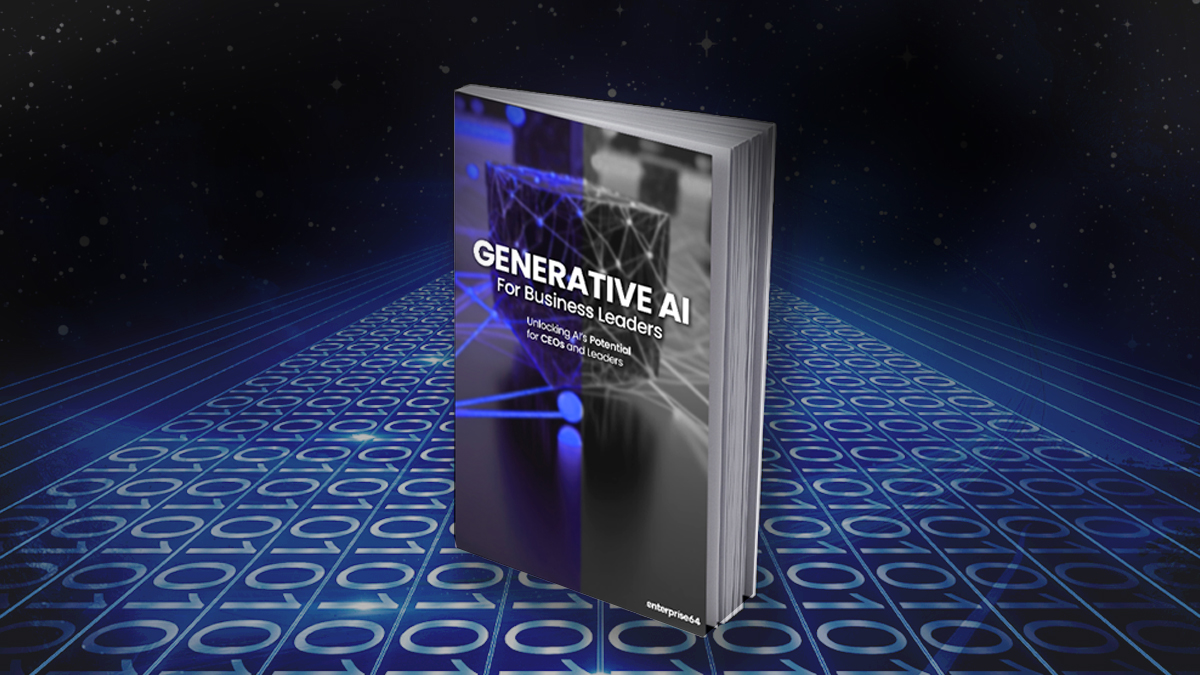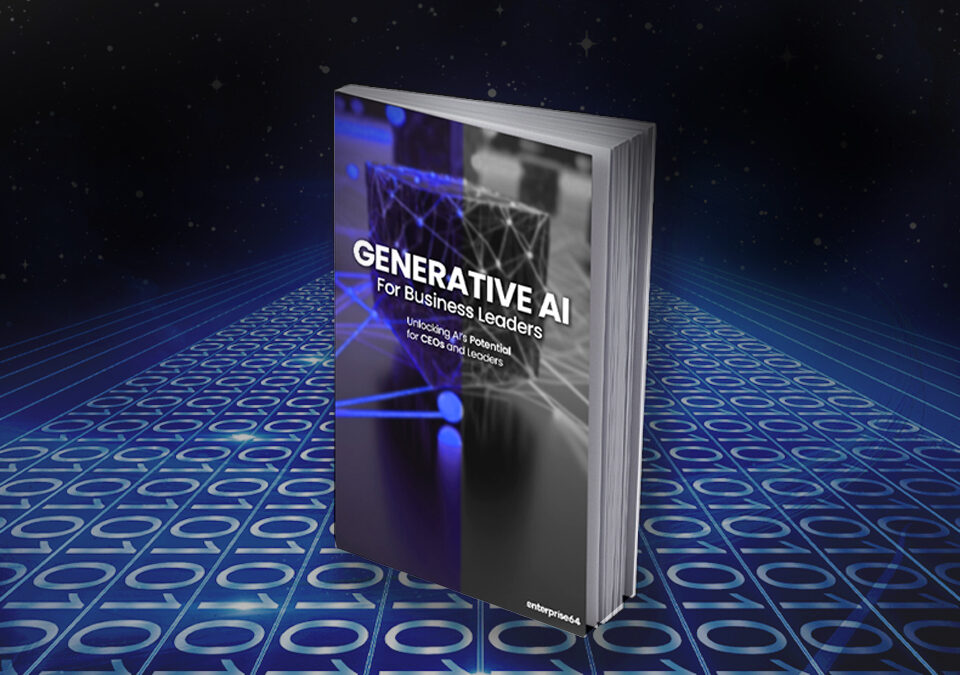Technology has always played a crucial role in shaping the business world. With advancements in technology happening at an unprecedented pace, the future of enterprise technology looks incredibly promising. In this blog post, we will take a look at how enterprise technology is evolving and how it is changing the way businesses operate.
One of the key trends shaping the future of enterprise technology is the rise of artificial intelligence (AI). AI is revolutionizing the way businesses operate, from automating repetitive tasks to making complex data analysis easier. With the help of AI, businesses can gain valuable insights into their operations, customer behavior, and market trends, allowing them to make better-informed decisions and improve their bottom line.
The use of AI in the enterprise sector is growing at an exponential rate and has the potential to revolutionize the way businesses operate. According to a report by PwC, AI is expected to contribute $15.7 trillion to the global economy by 2030. This growth is being driven by increased investment in AI technologies, as well as improvements in machine learning algorithms and data processing capabilities.
One of the key ways that AI is changing the business world is through automating repetitive tasks. For example, AI-powered chatbots are being used to handle customer service inquiries, freeing up human employees to focus on more complex tasks. According to a report by Gartner, 85% of customer interactions will be handled without a human agent by 2020.
A few other examples of how AI is changing the business world by automating repetitive tasks:
- Chatbots: AI-powered chatbots are being widely adopted in customer service to handle routine inquiries and provide quick responses to customers. This frees up human customer service representatives to handle more complex issues.
- Invoice processing: AI algorithms can be used to automate the tedious process of invoice processing. By scanning and categorizing invoices, AI systems can save businesses time and reduce the risk of errors.
- Data entry: AI can be used to automate data entry tasks, freeing up employees from manual data entry tasks and reducing the risk of errors.
- Marketing automation: AI can be used to automate repetitive marketing tasks, such as sending out emails, social media posts, and other marketing materials.
- Fraud detection: AI algorithms can be used to detect and prevent fraudulent activities, freeing human employees from manual review processes.

Another area where AI is making a big impact is in the realm of data analysis. AI algorithms are being used to process vast amounts of data and extract insights that would be difficult or impossible for human analysts to uncover. For instance, a retail company can use AI to analyze customer behavior and predict which products will be most popular in the near future, allowing them to make more informed stocking decisions.
Here are a few examples of how AI is making a big impact in the realm of data analysis:
- Predictive analytics: AI algorithms can be used to analyze large amounts of data and make predictions about future trends and patterns. This is particularly useful for businesses in areas such as marketing, sales, and customer service.
- Customer behavior analysis: AI can be used to analyze customer data and behavior to better understand customer preferences and make more informed decisions about product development and marketing strategies.
- Market analysis: AI can be used to analyze market data and identify trends and opportunities, helping businesses to make more informed investment decisions.
- Supply chain optimization: AI can be used to analyze data from multiple sources to optimize supply chain operations, reducing waste and increasing efficiency.
- Fraud detection: AI algorithms can be used to analyze financial data and detect fraudulent activities, improving the accuracy and speed of fraud detection processes.

In conclusion, the use of AI in the enterprise sector is already delivering significant benefits and is expected to continue growing in the coming years. As AI technologies continue to mature and become more accessible, businesses that embrace these new technologies will be well-positioned to succeed in the highly competitive business world of the future.








